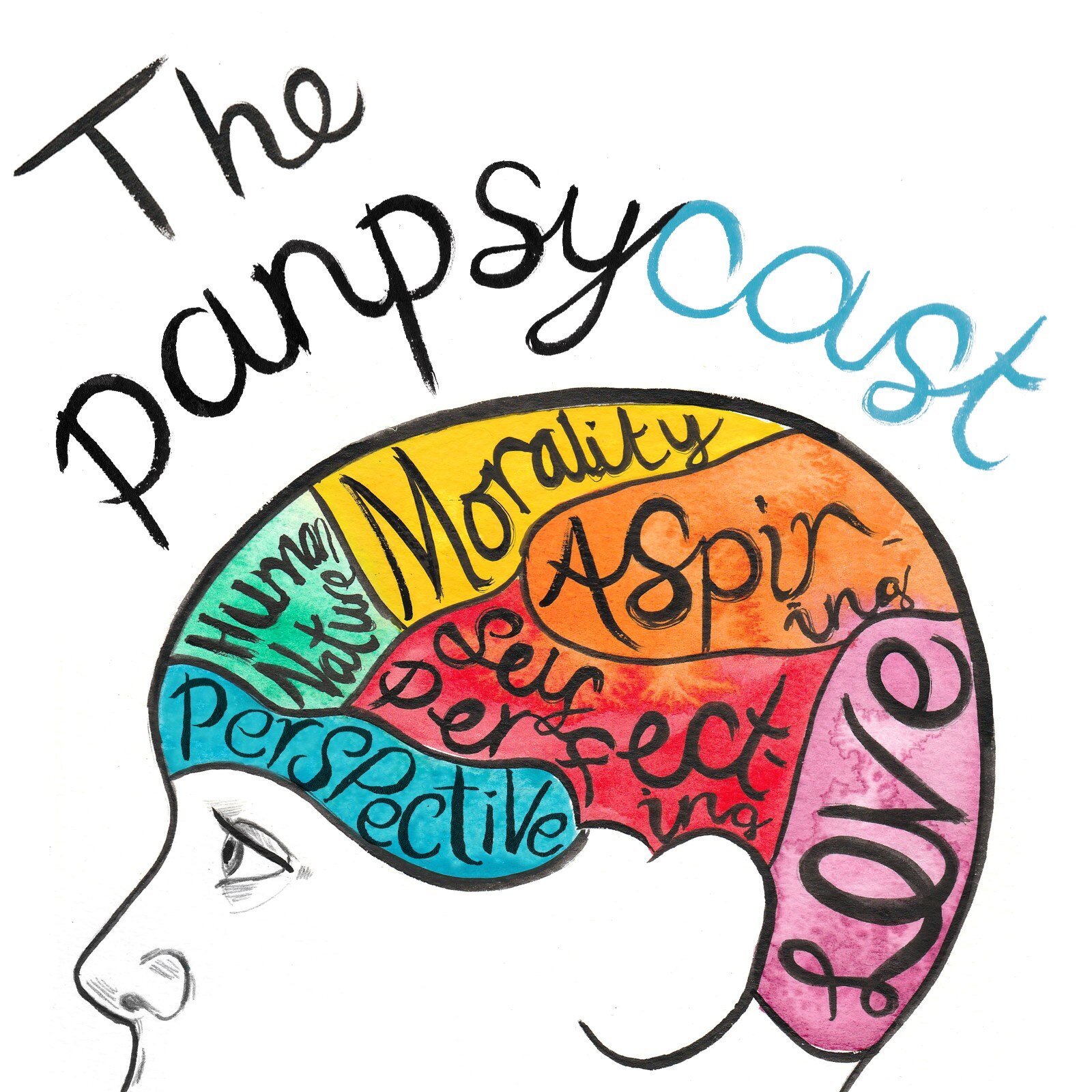Welcome to ‘Episode 136 (Part II of II)’, where we’ll be discussing the philosophy of education and grammar schools.
The Western world faces a tidal wave of secularisation, which shows no signs of receding. In the UK, Christian self-identification has plummeted – dropping, for example, from 72% in 2001 to 47% in 2021. The secularists argue that this trend reflects a shift towards an inclusive and intellectually progressive society; their critics, however, warn that the decline of faith erodes our moral foundations and frays our social ties. “The secular flood isn’t just about church attendance,” they say, “but strikes at the heart of our nation’s identity and stability.”
For many conservatives, nowhere is this betrayal of our values more evident than our education system. In the UK, the 1944 Education Act introduced free secondary education to all children for the first time – with grammar schools said to offer exceptional educations to our most talented students. Today, grammar schools are in decline, and the founding of new ones prohibited. It was argued that these schools favoured the middle classes and perpetuated social divisions; others, however, believe that closing these pathways has reduced educational and social opportunities. Like the Christian identity of the nation, grammar schools are at risk of being confined to history books.
In this episode, we’ll be speaking with Peter Hitchens – British journalist, author, and social critic – about what religious and educational changes mean for the soul of Britain. Together, we’ll explore whether this shift marks the dawn of a more inclusive era – or the washing away of a once Great Britain.
The file size is large, please be patient whilst the podcast buffers/downloads/lowers its standards
